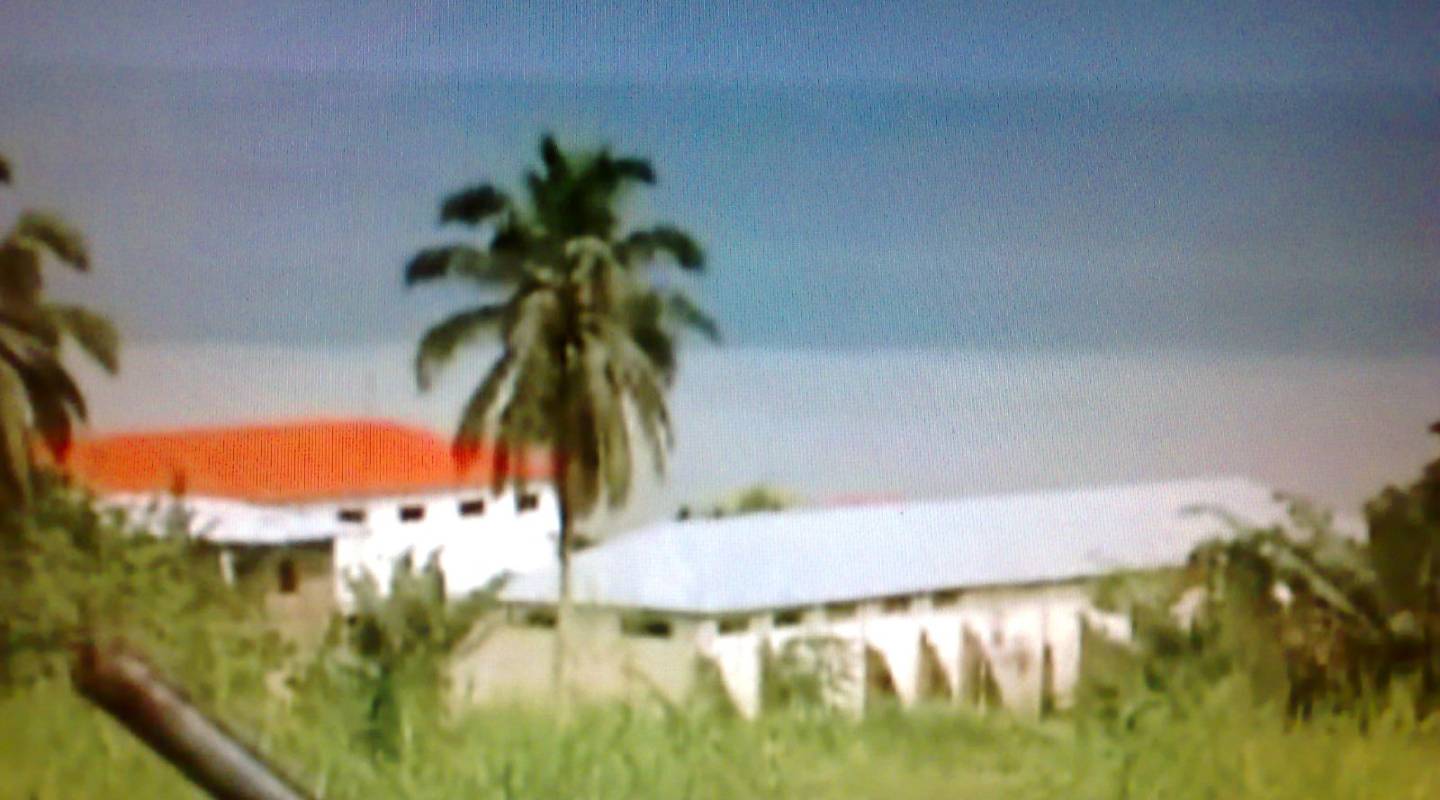
Guinea
Capital city — Conakry
Country population
Incarceration rate (per 100,000 inhabit…
i2014/ UNType of government
Human Development Index
i2016/ UNDPName of authority in charge of the pris…
Total number of prisoners
i2014/ Ministry of JusticePrison density
i2008Total number of prison facilities
i2014/ ICPSAn NPM has been established
Female prisoners
iMinistry of JusticeIncarcerated minors
iMinistry of JusticePercentage of untried prisoners
i2013/ ICPSDeath penalty is abolished
The penitentiary system
Guinea has 33 prisons of which 31 are actually in use.
The prison system is divided into three categories:
- High-security prisons: for those convicted of serious crimes;
- Short-stay prisons: for defendants on remand (pre-trial);
- Civilian prisons: for those who have committed minor offenses.
In practice, pre-trial defendants and convicted prisoners are not separated. The country has 23 civilian prisons, and eight high-security prisons: Conakry, Boké, Nzérékoré, Kankan, Kindia, Labé and Faranah. The maximum-security prison of Conakry is the most populated in the country. It is located in the municipality of Kaloum, at the heart of the capital. The highest-security prison is the prison of Kindia.
High-security prisons are located in the main towns of each administrative region, while civilian prisons are in the main towns of prefectures.
Some prisons date back to the colonial period or the first years following national independence. Other prisons are old judiciary buildings borrowed from other administrations or rented from private individuals. The prison of Fria, for example, was originally a bank and has not been modified to meet prison standards.
All prison buildings are in a state of disrepair. The government launched a construction and renovation program in May 2012. The construction of a new prison in Coyah started in 2013, but is not yet complete. The construction of a new high-security prison was due to start in the city of Dubréka in April 2015, following the closure of the former building in 2013.
The National Directorate of the Penitential Administration (DNPA) is the branch of government charged with prison management. This department is linked to the Ministry of Justice. According a 2015 report by the prison commission of the Ministry of Justice (hereinafeter “the Commission”), the prison system is administered by 13 people (including two working under the supervision of the Interior Ministry) with a further 18 military men and 613 prison staff. In practice, it is believed there are less prison staff members than reported.
The DNPA became a formal team after the visit of Human Rights Watch (HRW) in June 2010. Prison guards report not having received any salary from the Ministry of Justice over the past 6 to 8 years. However, volunteer guards are still working in the Conakry and Kankan prisons, as well as in the civilian prisons of Coyah, Dubréka, Fria and Dalaba. Prison guard salaries are made up of under-the-table payments from prisoners and their families.
Prison working conditions are difficult. Staff members are undertrained and underpaid, and do not have access to the necessary security equipment. Some prisons only have one director and one chief prison guard. Rehabilitation staff are scarce.
In Conakry, prisoners help manage the prison day-to-day.
The commission reported one agent responsible for health, two laboratory assistants, two doctors and one nurse in the Conakry prison. Elsewhere, an agent from the prefectural direction for health (PDH) is reported to visit inmates once a week.